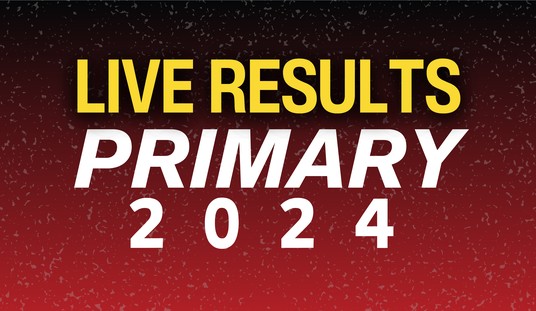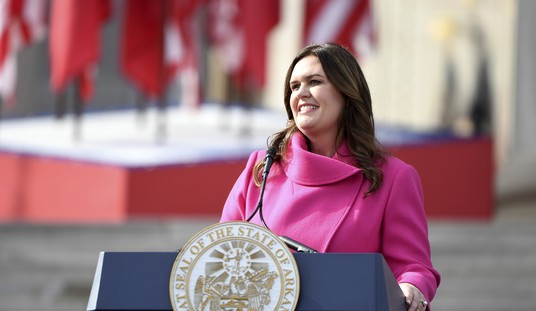In the early 1980s, while planning a vacation in Latin America, I went to bookstores to look for histories of the region. All I could find were Marxist tracts arguing that "the people" were exploited by greedy corporations and military dictators, all propped up by the United States.

Available literature on Latin America today includes much more sensible accounts. But some people, including Barack Obama, whose college thesis written in those years has never been made public, seem stuck in a time warp in which the United States is the bad guy.
That, at least, seems to explain Obama's latest foreign policy moves, starting with Honduras, where the president was ousted by the country's supreme court for violating a constitutional provision that forbids any moves to seek a second term. (Other Latin countries, notably Mexico, have similar constitutional prohibitions.)
The White House immediately interpreted this as a military coup and decided that, this time, the United States would come out on the side of "the people." In fact, we find ourselves siding with a friend of the Iranian mullahs, Hugo Chavez, who swept aside similar constitutional limits in Venezuela, and opposing the elected congress, courts and civil society of Honduras.
Honduras is not the only or, sad to say, most important example of where this administration has come out on the side of our enemies and against our friends. Israel has been told that it must stop all settlement construction, even the adding of spare rooms for newly arrived infants, while nothing is asked of the Palestinians.
In Eastern Europe, Obama acknowledged last spring the importance of placing missile defense installations in our NATO allies Poland and the Czech Republic, then reversed himself this month and cancelled the program.
Recommended
The president of Poland, which has sent brave and effective troops to Iraq and Afghanistan, was given an after-midnight phone call, which he declined to take. The president of Russia, which has refused to aid our efforts to stop the Iranian nuclear weapons programs, expressed his delight -- and pointedly made no concessions in return.
Neither has Russia made concessions in return for Obama's announced plans to cut back sharply on our nuclear stockpiles. The idea behind this is either that others will make similar cutbacks out of gratitude for our example or, more worryingly, that the possession of so many nukes by the United States is somehow a bad thing.
Then there is Afghanistan. In March, Obama said we must persevere in the struggle there to protect ourselves against terrorists and installed a new general, ahead of schedule, to come up with a counterinsurgency strategy. That general delivered a report on Aug. 30 strongly implying that we must increase troops commitments. But as of Sept. 21, Obama has held only one meeting on the subject, according to The Washington Post's Bob Woodward.
On the Sunday talk shows a day before Woodward's story appeared, Obama said he had not yet decided on a strategy in Afghanistan. "I'm certainly not one who believes in indefinite occupations of other countries," he said on NBC's "Meet the Press," as if the U.S. were occupying a country against the wishes of most of its inhabitants to the detriment of "the people." Shades of those early 1980s Marxist Latin America tracts.
The reaction to the most recent moves has been harsh, and from unexpected quarters. Leslie Gelb, former head of the Council on Foreign Relations, and the editorial writers of The Washington Post have expressed astonishment at Obama's apparent switch on Afghanistan. Edward Lucas, former Eastern European correspondent for The Economist, wrote in the Telegraph of London: "The picture emerging from the White House is a disturbing one, of timidity, clumsiness and short-term calculation. Some say he is the weakest president since Jimmy Carter."
The influential blogger Mickey Kaus argues that "anti-Obama anger" is caused not by his race, but "because he's a relative newcomer, as presidents go -- an unknown quantity, an enigma, with a short track record and patches of that record left fuzzy."
But on foreign policy as his record emerges -- as he reverses himself on missile defense and perhaps on Afghanistan -- his motivating principle seems rooted in an analysis, common in his formative university years, that America has too often been on the side of the bad guys. The response has been to disrespect those who have been our friends and to bow to our enemies.

























Join the conversation as a VIP Member